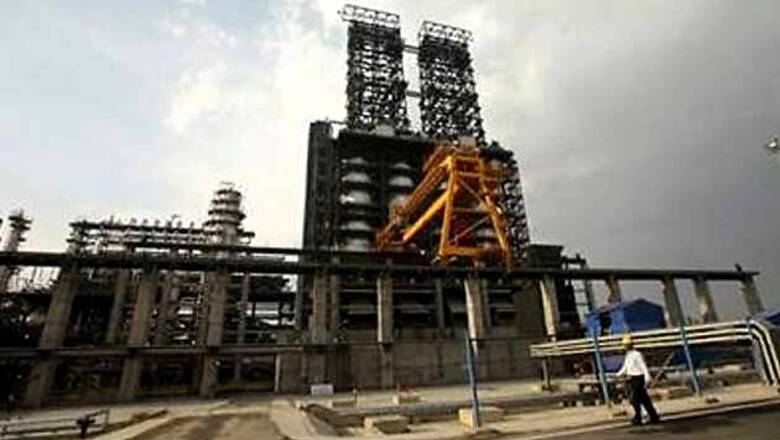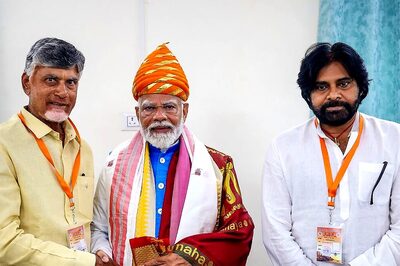
views
New Delhi: As the fall in international oil rates brings domestic diesel retail price at par with cost, the Oil Ministry has not yet moved Cabinet for deregulation of the nation's most consumed fuel.
Under-recovery or the gap between retail selling price and the cost of imports, this month dipped to an all-time low of 8 paise a litre, helped by the monthly increases and softening in international oil rates.
"No, we haven't done that," Oil Secretary Saurabh Chandra said when asked if his ministry has moved the Cabinet for freeing diesel prices from government control and giving powers to state retailers to revise rates in line with cost.
The NDA government has continued with the previous UPA regime policy of raising diesel rates by up to 50 paise a litre every month to bridge the gap between cost and retail prices.
He said the oil marketing companies review prices of diesel every month and will continue to follow the January 2013 policy of monthly increase.
Asked when the Ministry will approach Cabinet for diesel price deregulation, he said, "You will hear it when we do."
Originally, petrol and diesel prices were deregulated in April 2002 when NDA government was in power. Administered pricing regime, however, made a back-door entry towards the end of NDA regime in the first quarter of 2004.
Congress-led UPA controlled rates as international oil prices went through the roof. In June 2010, however, it freed petrol price from its control and rates have since them moved more or less in tandem with cost.
In January 2013, the UPA decided to deregulate diesel prices in stages through monthly 50 paise a litre increases.
Rates were last raised on August 31 after which losses have dipped.
Rates have cumulatively risen by Rs 11.81 per litre in 19 installments since January 2013.
Oil Ministry officials said once the under-recovery is eliminated, a proposal would be put to the Cabinet Committee on Political Affairs for deregulation of diesel prices as was done for petrol.
Deregulation would empower state-owned oil firms to change rates in tandem with cost like they do for petrol.




















Comments
0 comment